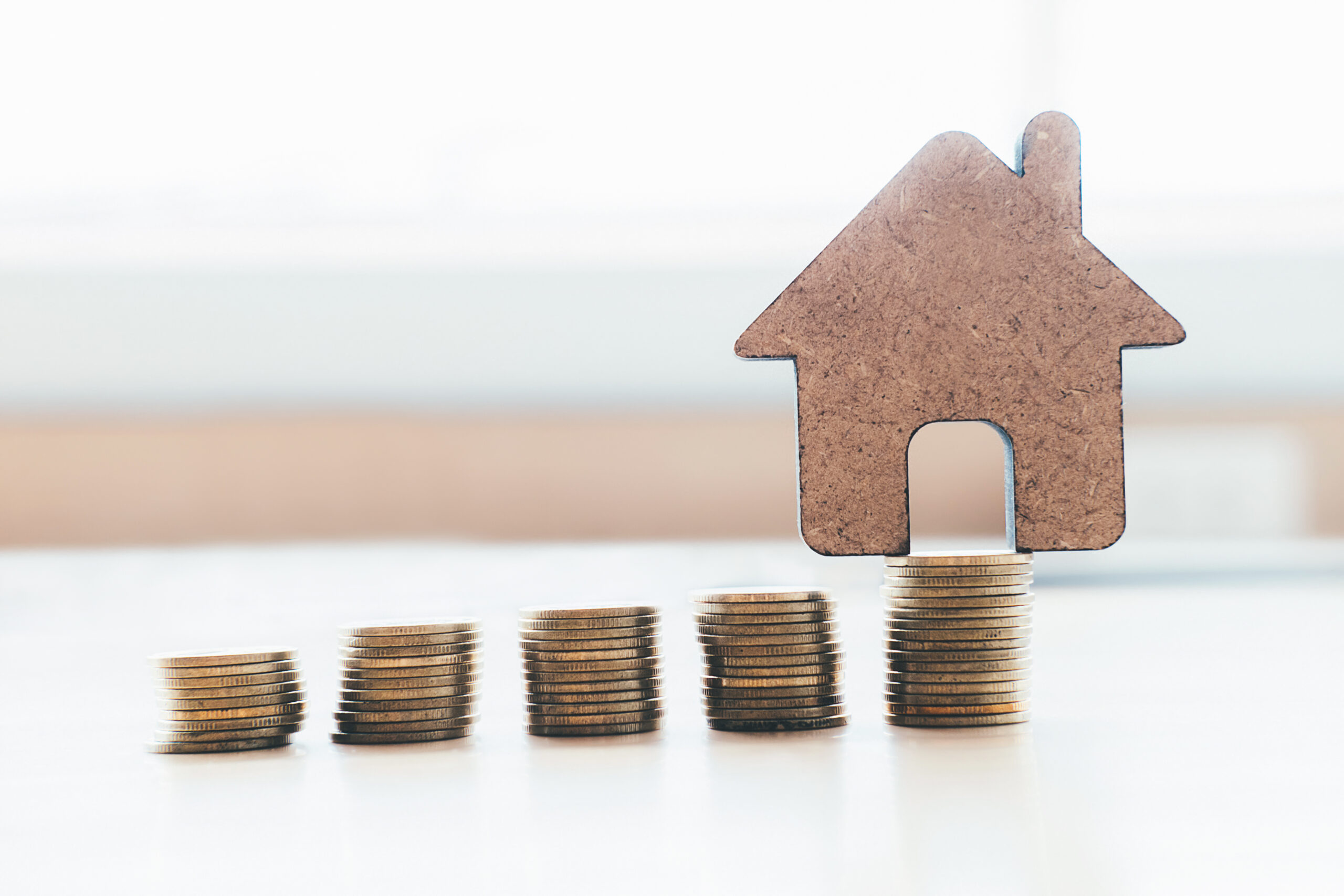Are you a homeowner in Canada looking to make the most out of your property investment? You’ve come to the right place. In this article, we’ll explore the concept of home equity and how you can leverage your mortgage to build wealth. Let’s dive in and discover how you can make your homework for you.
Understanding Home Equity
Home equity is akin to having your own slice of a financial pie, representing the true ownership of your home. It’s that substantial portion left for you once the lender’s share, in the form of your outstanding mortgage balance, has been accounted for. As you diligently make your mortgage payments, this slice of the pie, your home equity, grows and strengthens your financial foothold in your property.
In simpler terms, home equity is like the money you’ve saved up by paying your mortgage, and it’s the part of your home that truly belongs to you. As you keep making those mortgage payments, your piece of the financial pie, or home equity, gets bigger, making you feel more financially secure in your own home.
The Benefits of Home Equity
Owning a home comes with a myriad of benefits, and home equity is at the heart of it all. It serves as a financial asset, offering you a valuable resource to tap into when needed. Whether you want to renovate your home, fund your child’s education, or plan for your retirement, home equity can be a powerful tool at your disposal.
Home Equity vs. Home Value
Home equity and home value are closely related but not the same. Home value is the current market price of your home, which can fluctuate over time. On the other hand, home equity is the amount of the home that you truly own. As you pay off your mortgage, your home equity increases, making it an essential component of your overall wealth.
Ways to Build Home Equity
Now that we’ve grasped the concept of home equity let’s explore how to build it. There are a few key strategies for increasing your home equity:
- Regular Mortgage Payments: Making consistent mortgage payments is the most straightforward way to build equity in your home. Each payment reduces your loan balance, increasing your ownership stake.
- Home Appreciation: When your home’s value increases due to market conditions, your home equity naturally grows.
- Home Improvements: Enhancing your home’s features and functionality can boost its value, thus increasing your equity.
HELOC: Your Key to Financial Flexibility
A Home Equity Line of Credit (HELOC) is a financial tool that allows you to access funds based on the equity you’ve built in your home. It’s like having a safety net for unexpected expenses or investment opportunities. With a HELOC, you can borrow against your home equity while still retaining ownership of your property.
Home Equity Investment: Pros and Cons
Thinking of using your home equity for investment? It’s an option worth considering, but it’s not without its pros and cons.
Pros:
- Potential for Significant Returns: Investing your home equity in stocks, real estate, or a new business venture can offer substantial financial gains over time.
- Diversification: It allows you to diversify your investment portfolio beyond traditional assets like stocks and bonds.
- Interest Deductibility: In some cases, the interest on the funds borrowed from your home equity may be tax-deductible.
- Access to Capital: Your home equity provides ready access to capital, making it convenient for investment opportunities.
Cons:
- Risk of Financial Loss: There is a risk of losing money if your investments do not perform well, which could impact your home equity.
- Increased Debt: Using your home equity for investments means taking on additional debt, which can be a financial burden if the investments don’t pan out.
- Risk to Home Ownership: If you can’t repay the borrowed amount, you risk losing your home, as it serves as collateral.
- Market Volatility: Investments in stocks and real estate can be subject to market fluctuations, affecting the value of your home equity.
Tapping into Home Equity for Renovations
Home renovations often stand as a primary motivation for leveraging your home equity. Whether you’re envisioning a modern kitchen upgrade or the addition of a new bedroom, investing in home improvements using your accrued home equity can significantly enhance your property’s value, thus transforming your house into a shrewd and profitable investment.
Home Equity and Retirement Planning
In your retirement years, your home equity becomes an invaluable asset, offering various options to support your financial well-being. One way to utilize it is through reverse mortgages, which allow you to receive regular payments by tapping into the equity you’ve built over the years. Alternatively, you can consider downsizing to a smaller and more affordable home, using the equity from your current property to secure a comfortable retirement lifestyle while reducing housing expenses.
Home Equity Loan vs. Line of Credit: Which Is Better?
When considering ways to access your home equity, you’ll likely come across two options: home equity loans and home equity lines of credit. These financial tools serve different purposes. A home equity loan provides a lump sum, while a line of credit offers flexibility. The choice depends on your financial needs and goals.
Avoiding Pitfalls: Responsible Home Equity Management
While home equity can be a valuable resource, it’s crucial to manage it responsibly. Borrowing too much against your home can lead to financial instability. Always assess your needs and financial situation before accessing your home equity.
In conclusion, home equity is not just a byproduct of homeownership; it’s a valuable asset that can help you build wealth, fund major life events, and secure your financial future. By understanding the ins and outs of home equity, you can make informed decisions that benefit your financial well-being.




Leave a comment